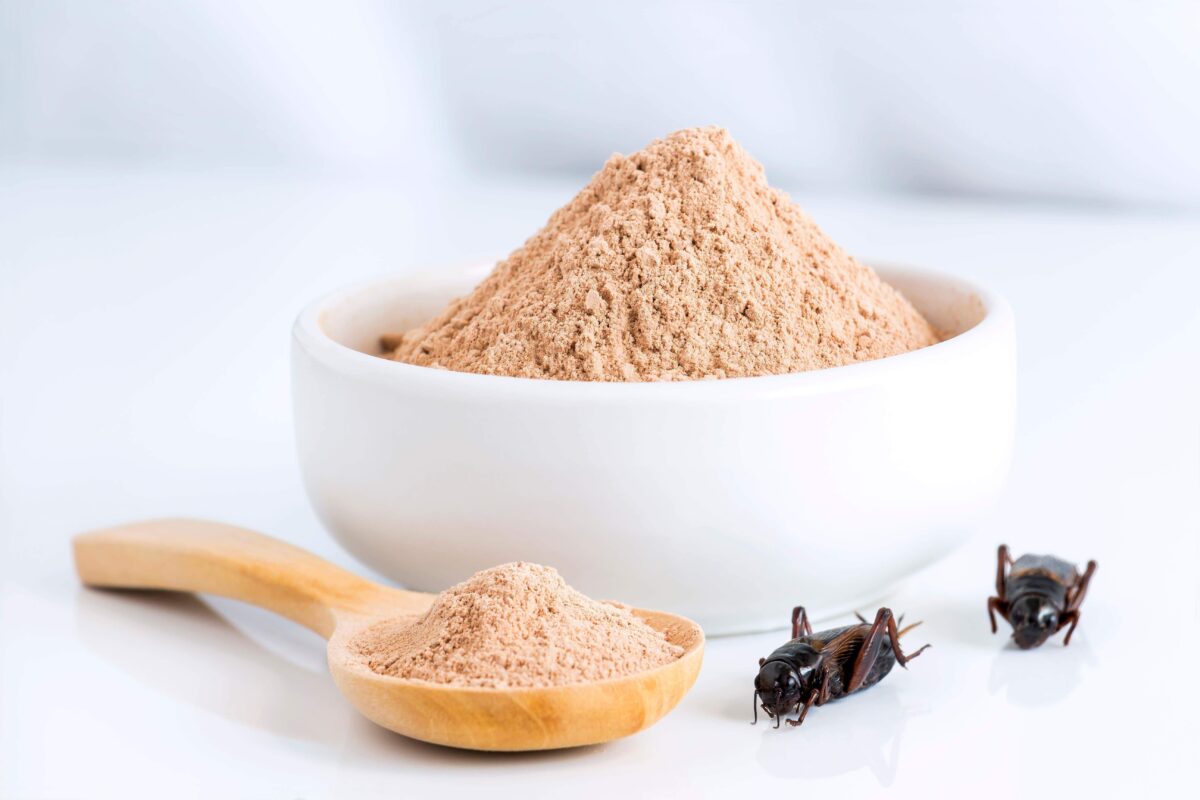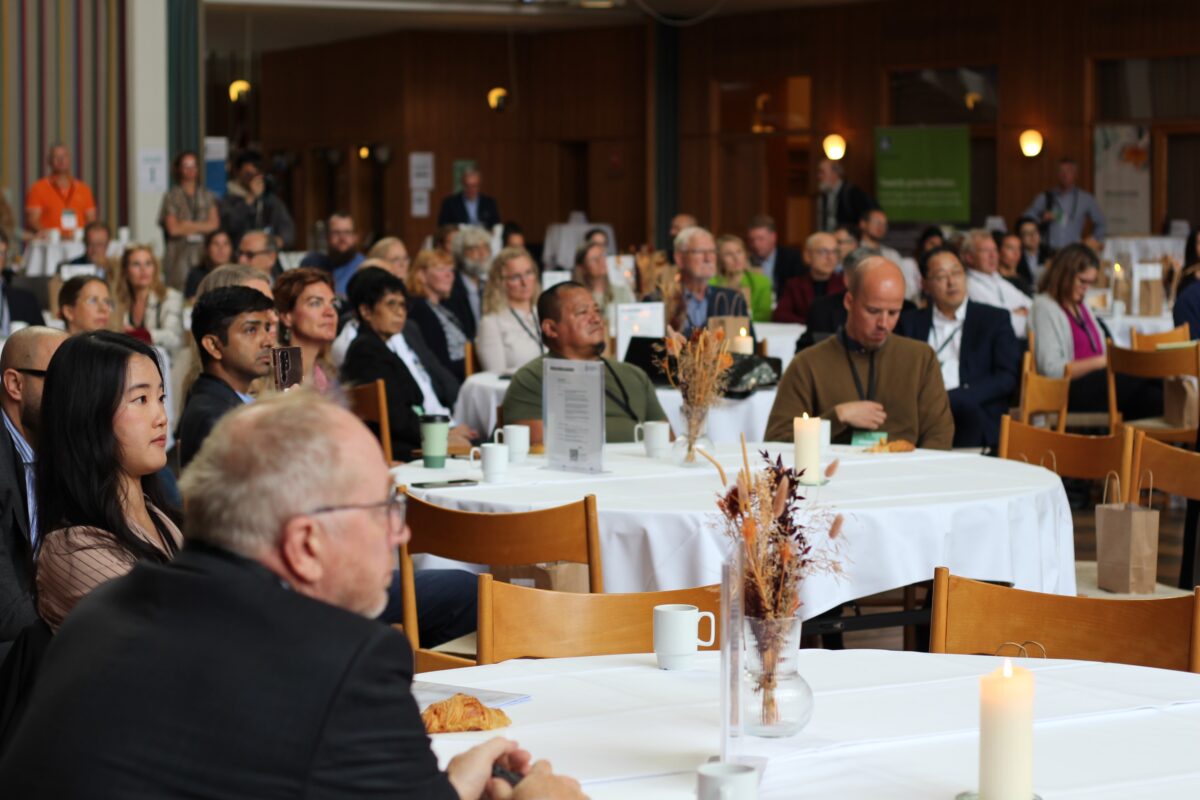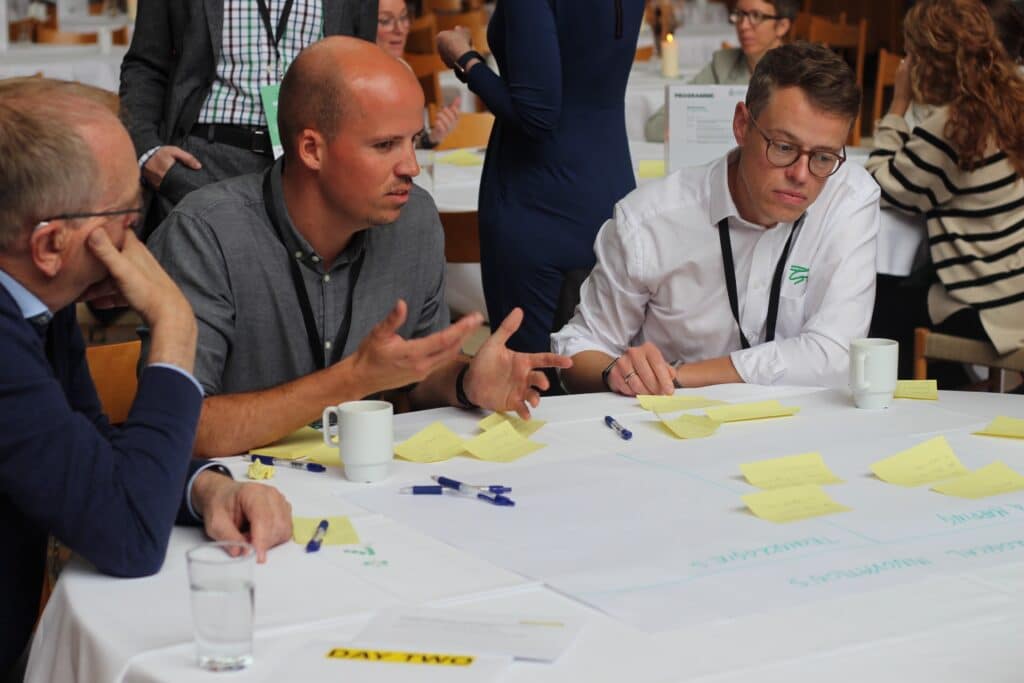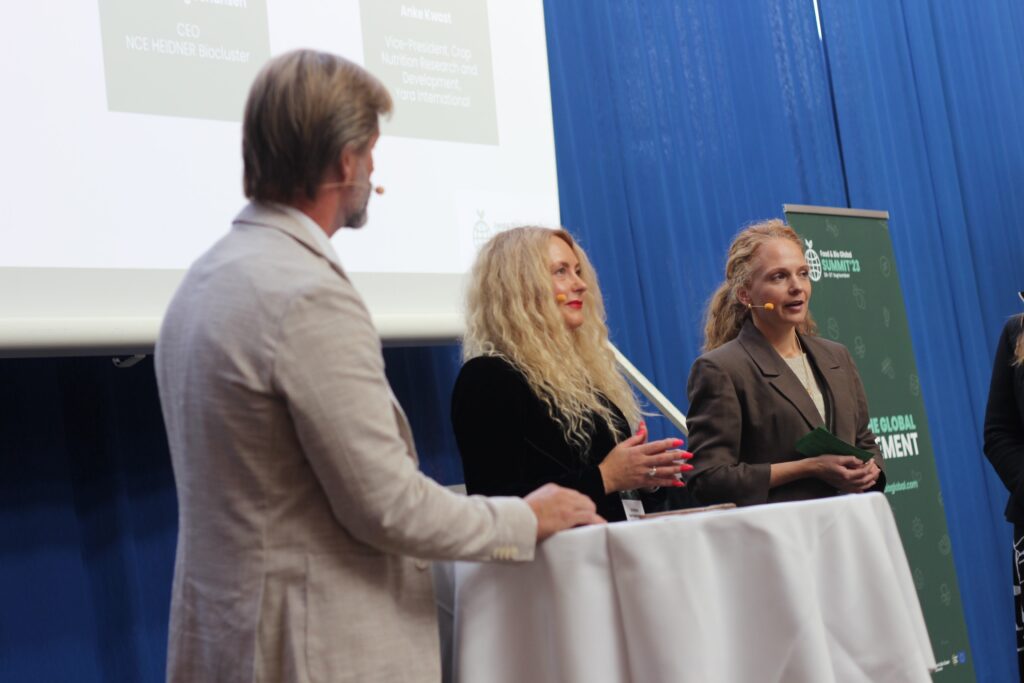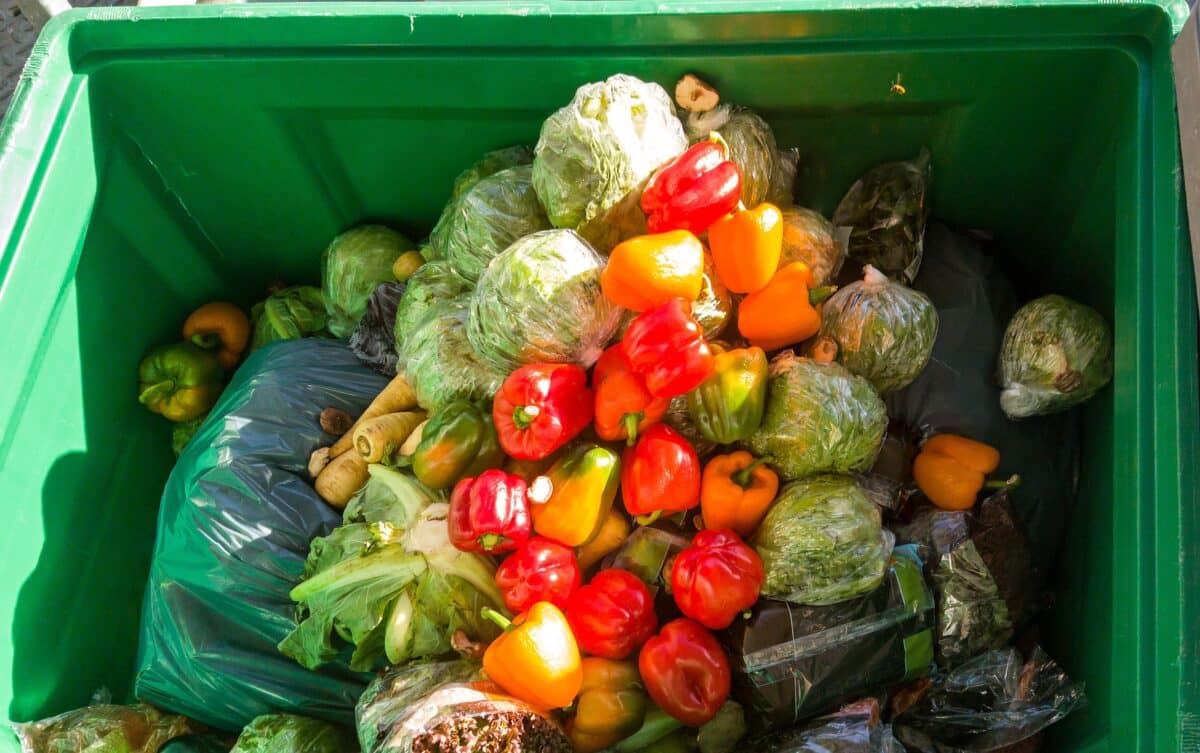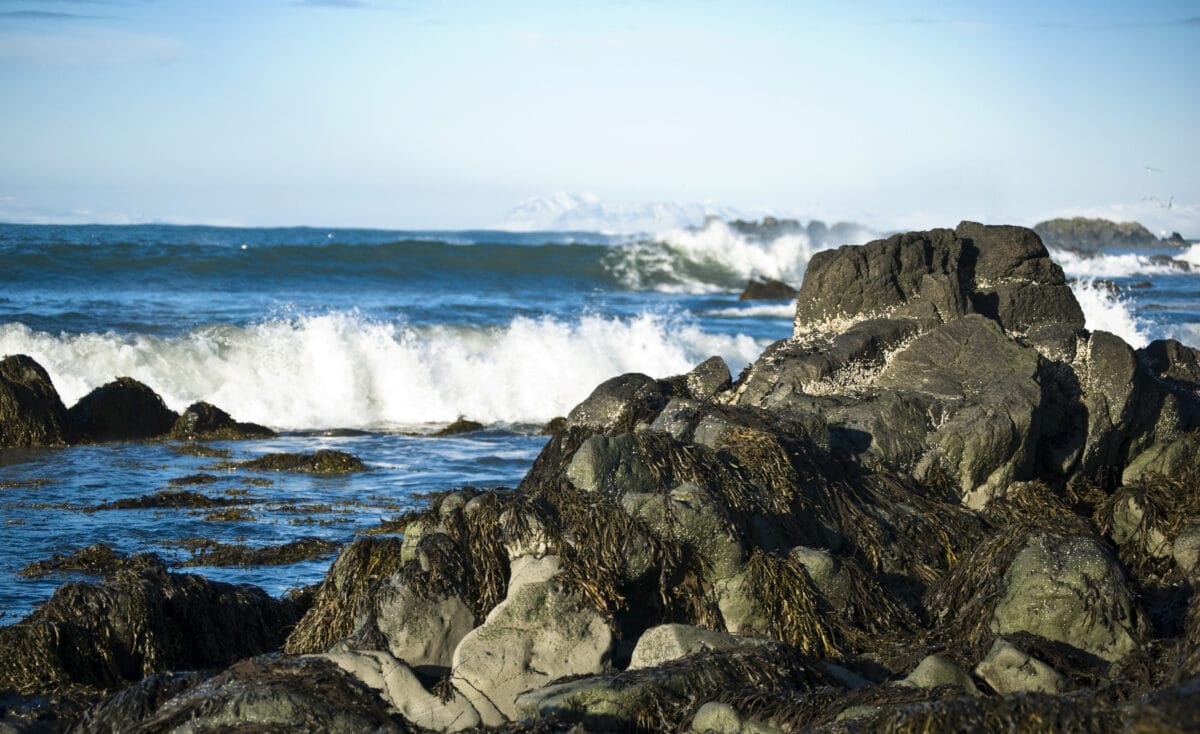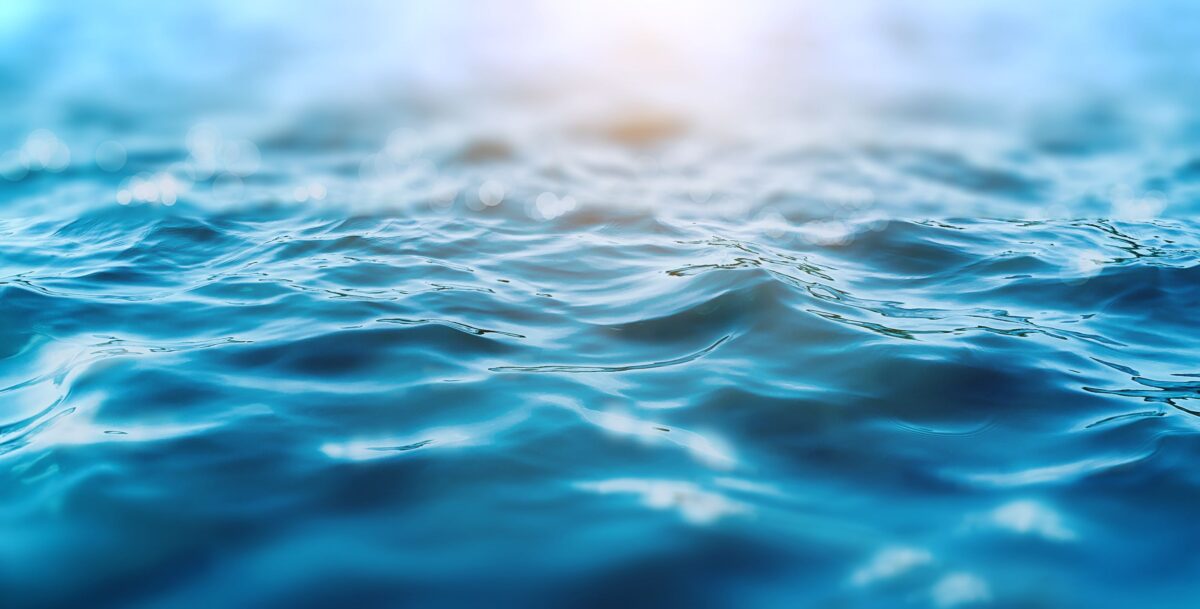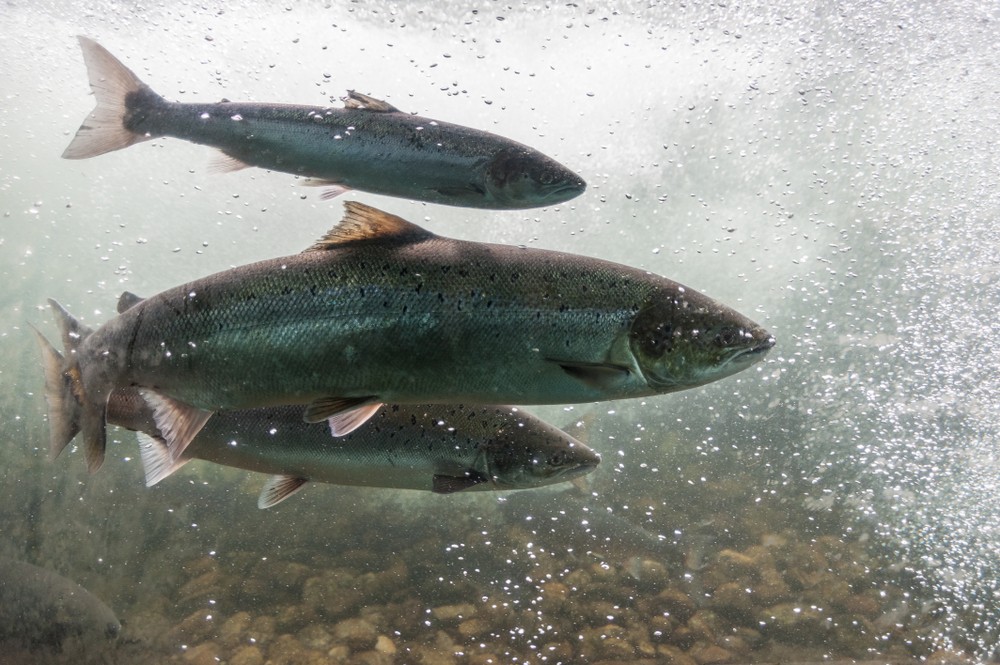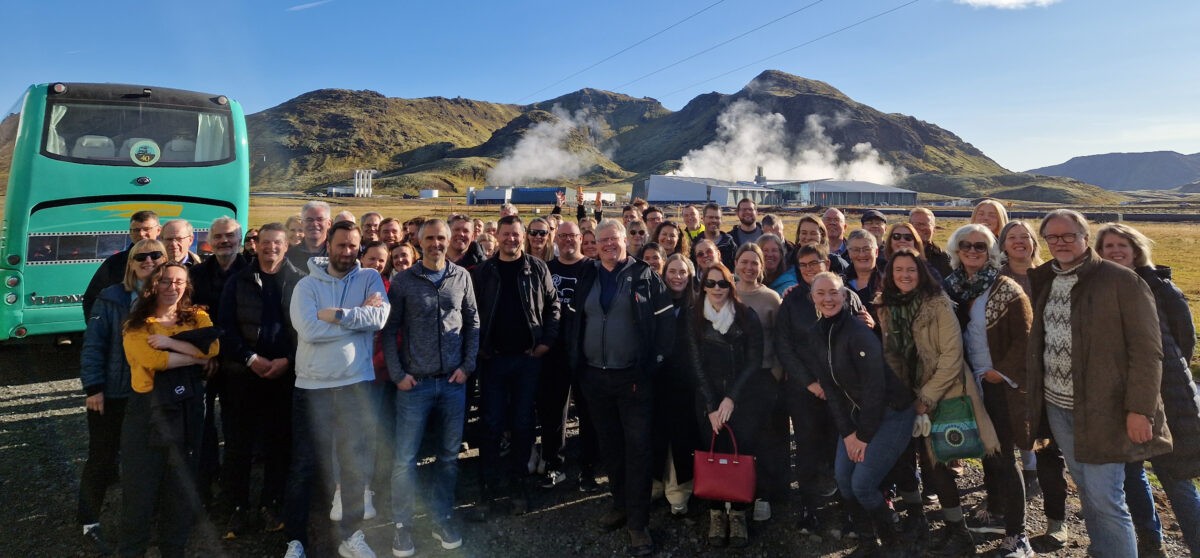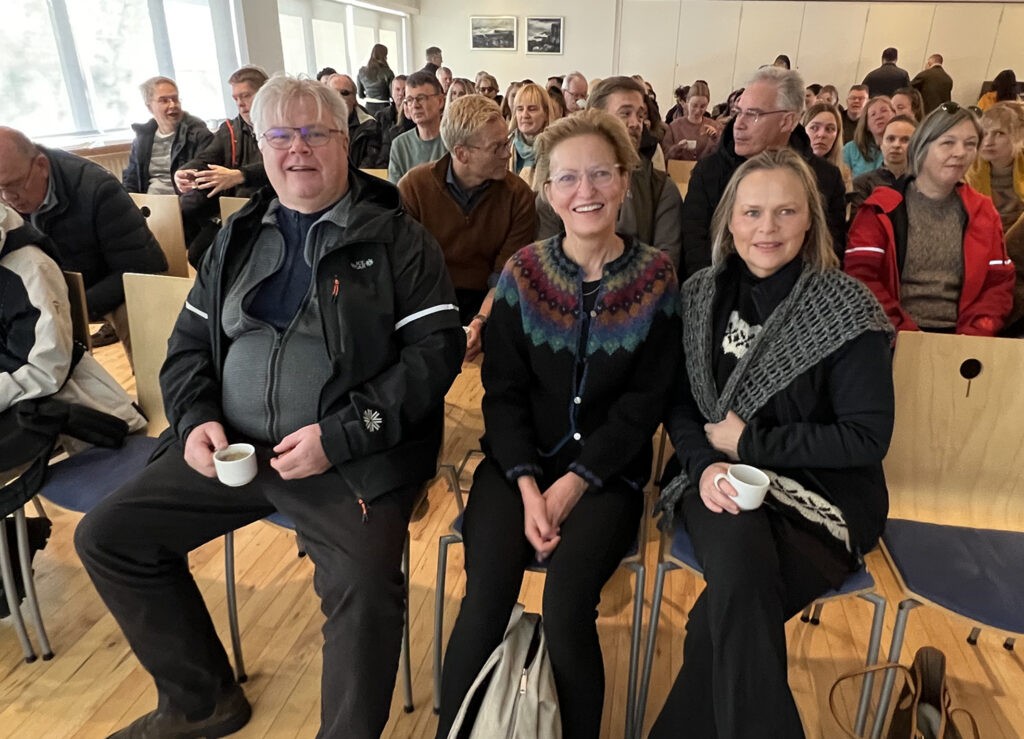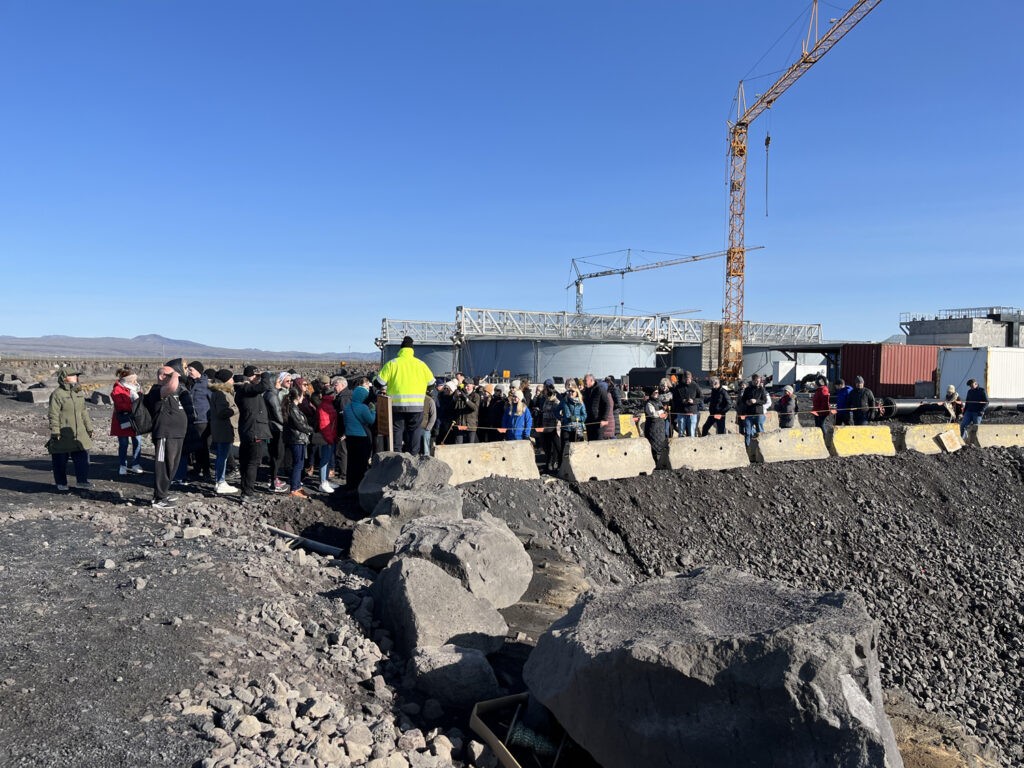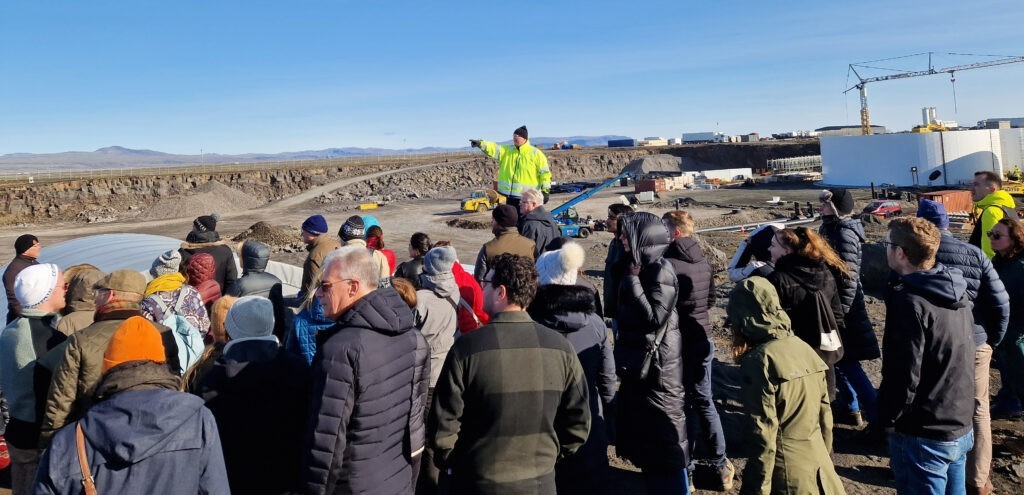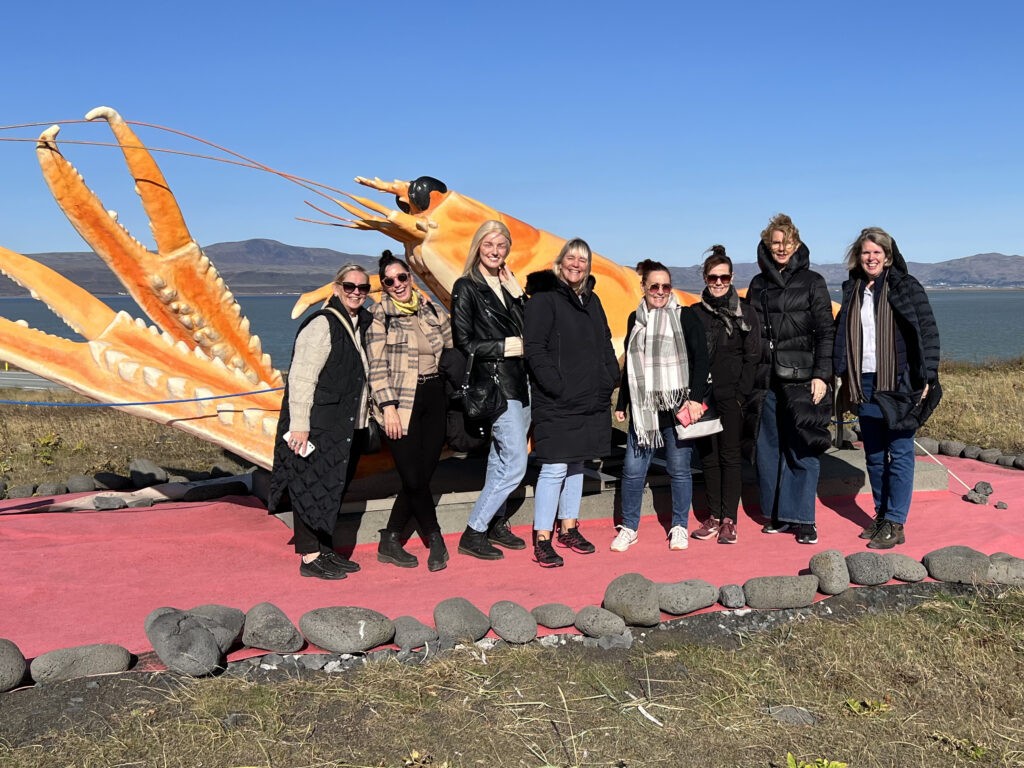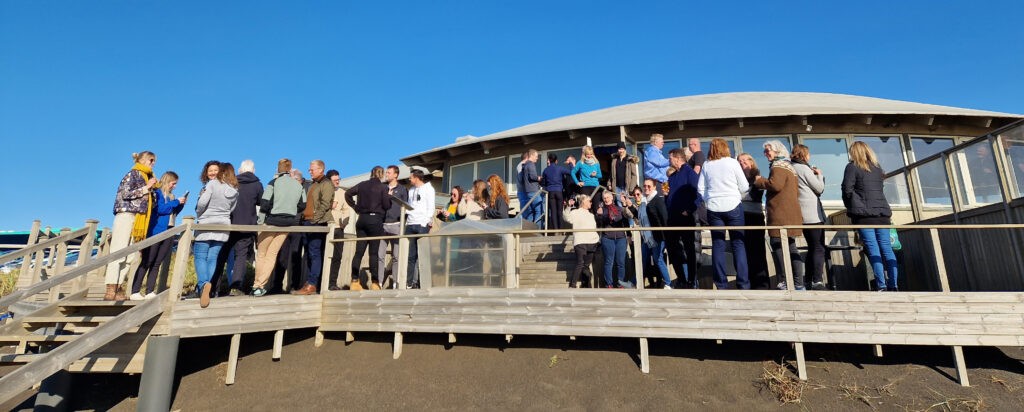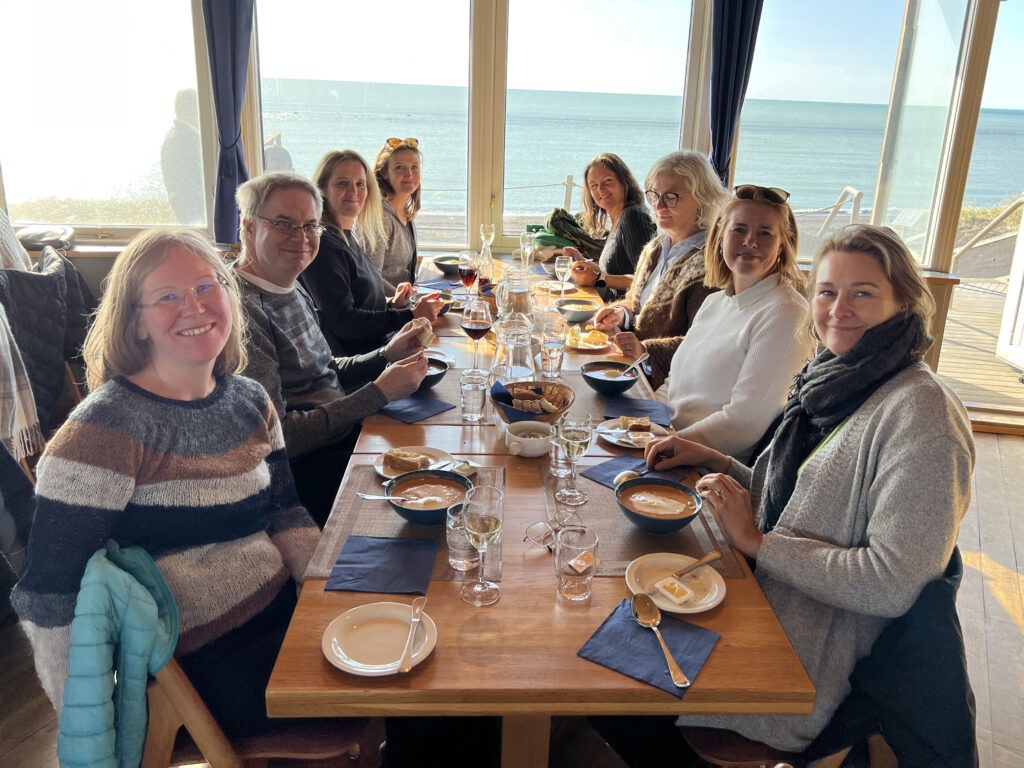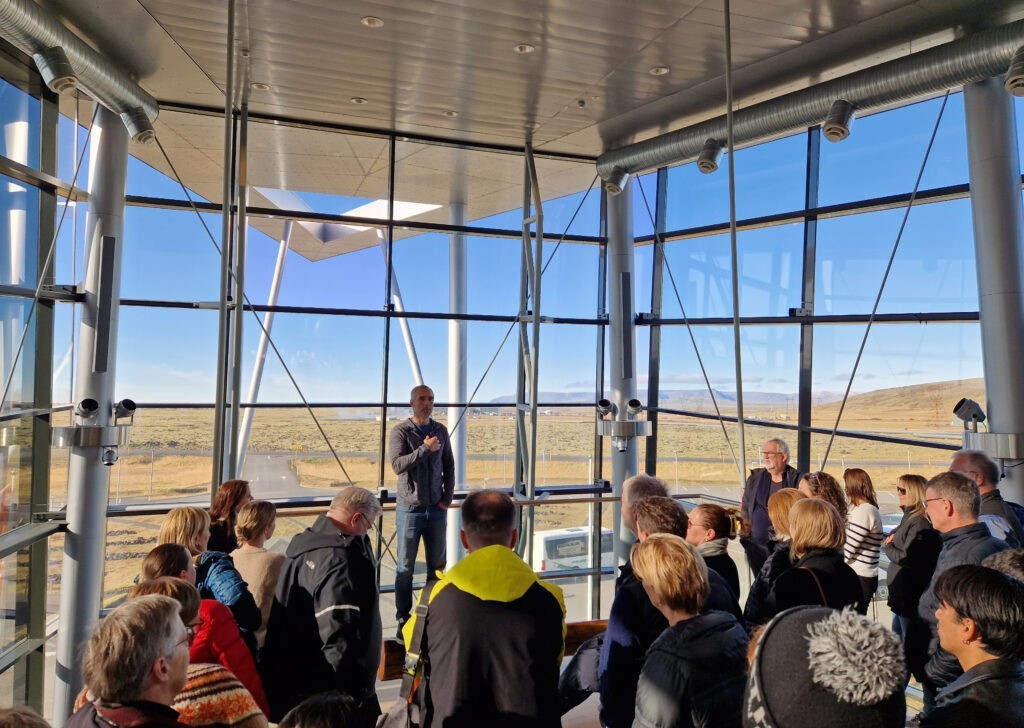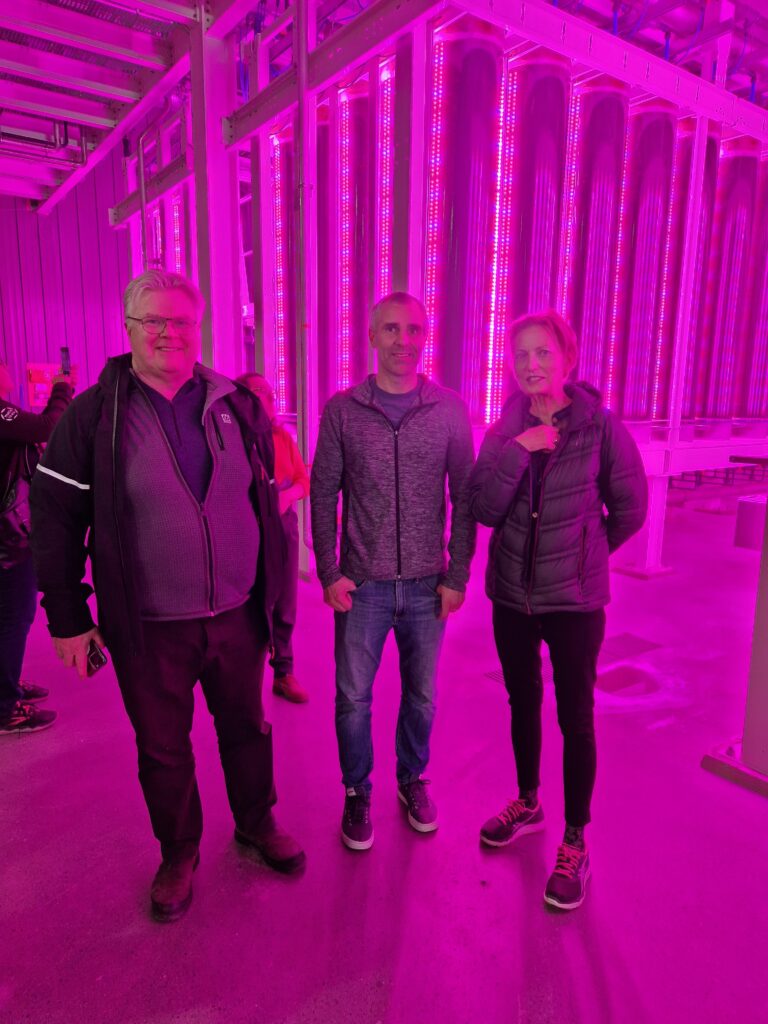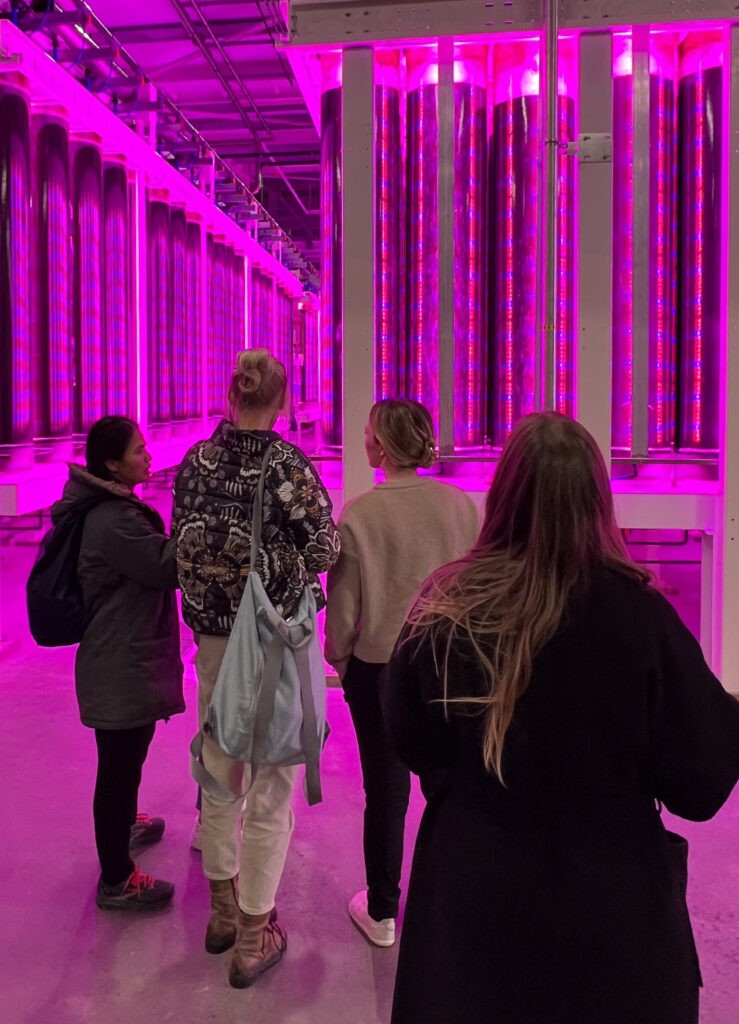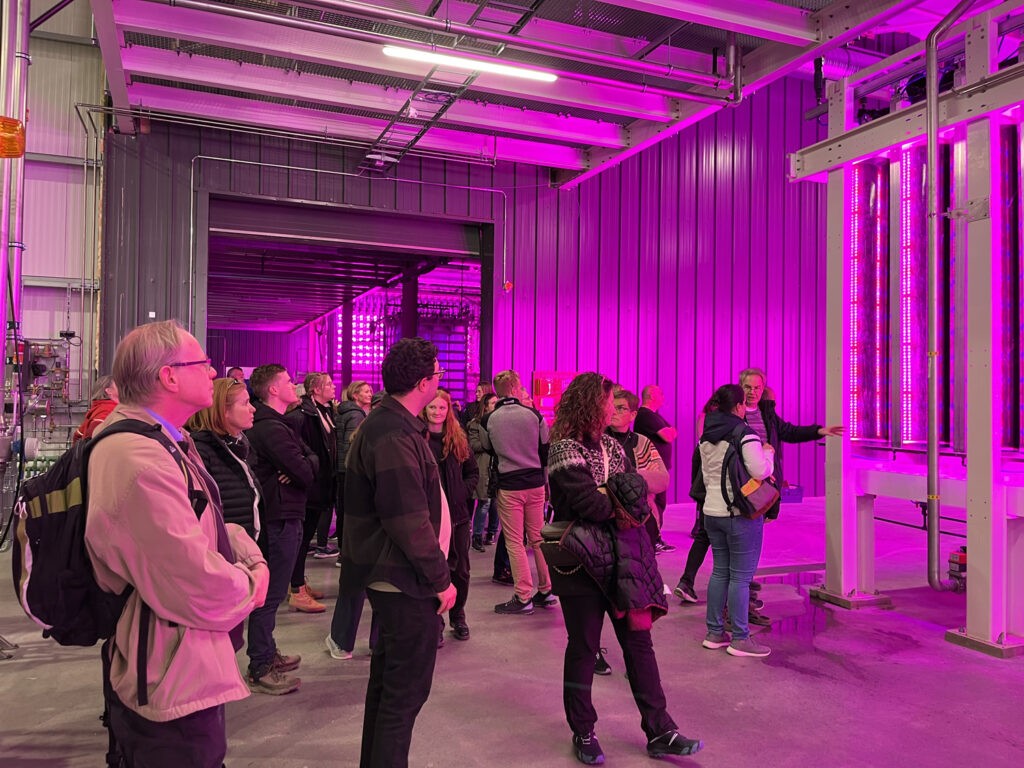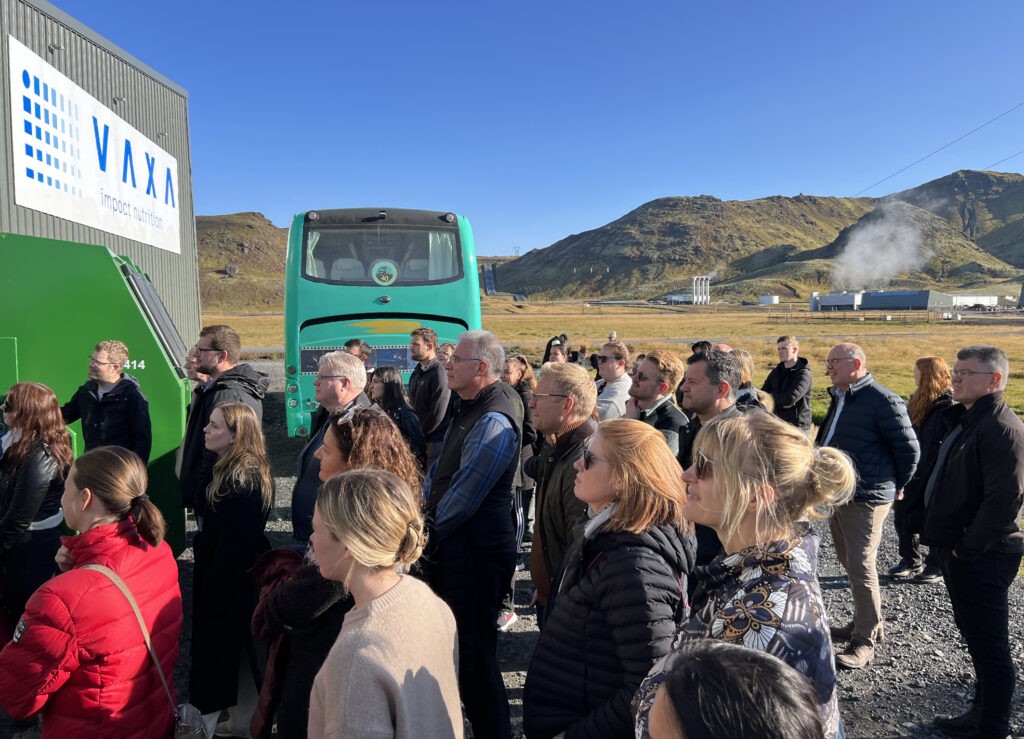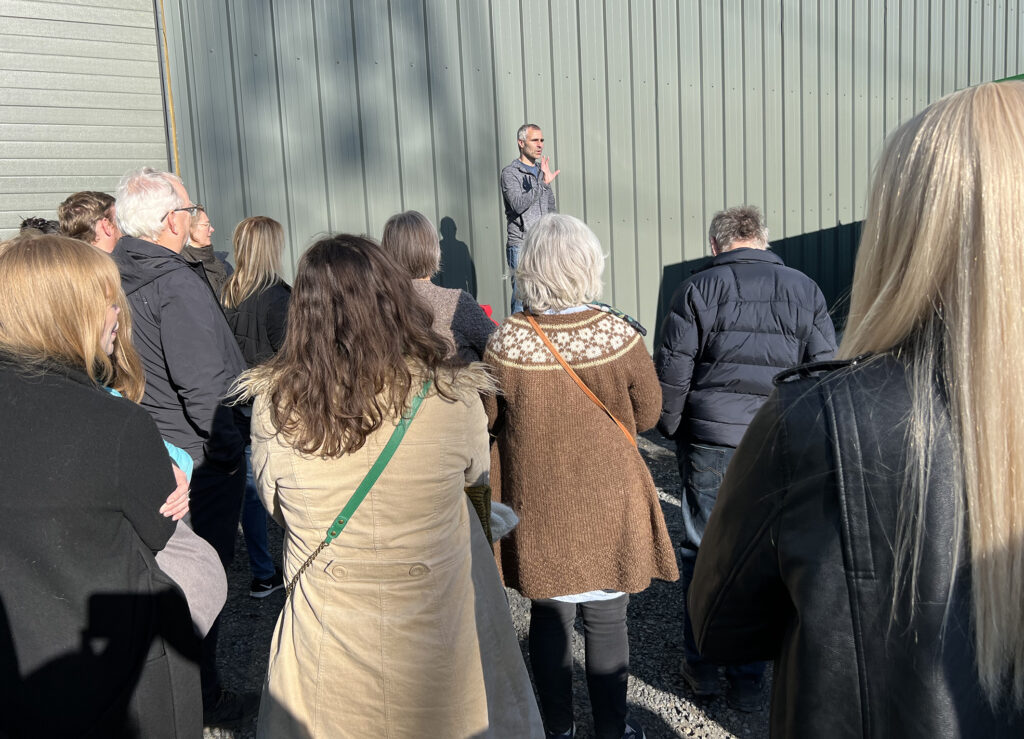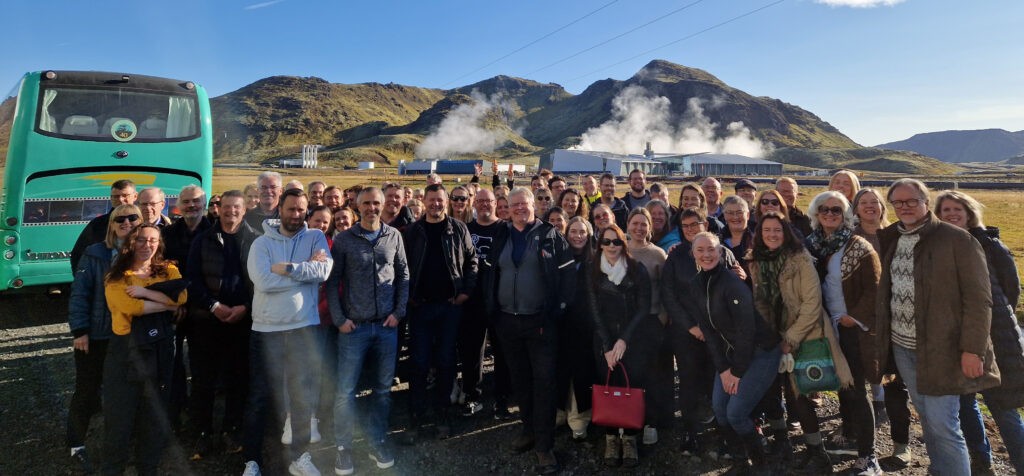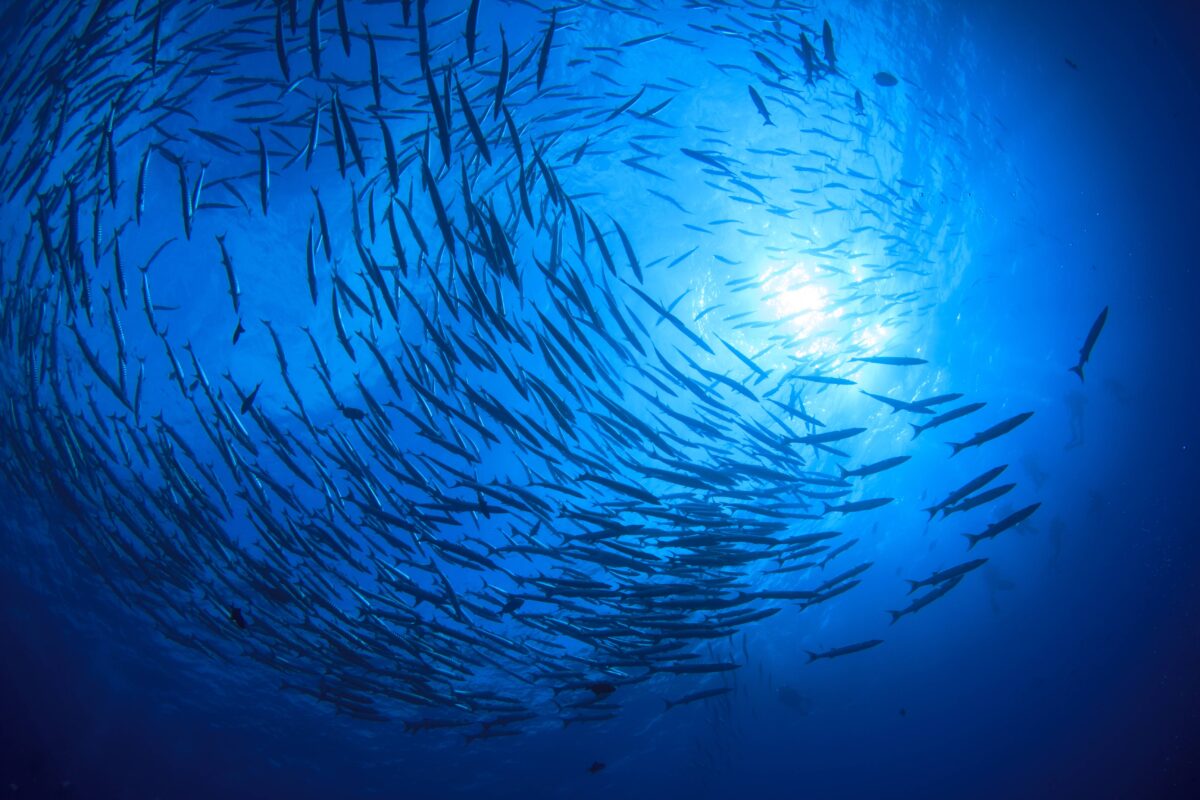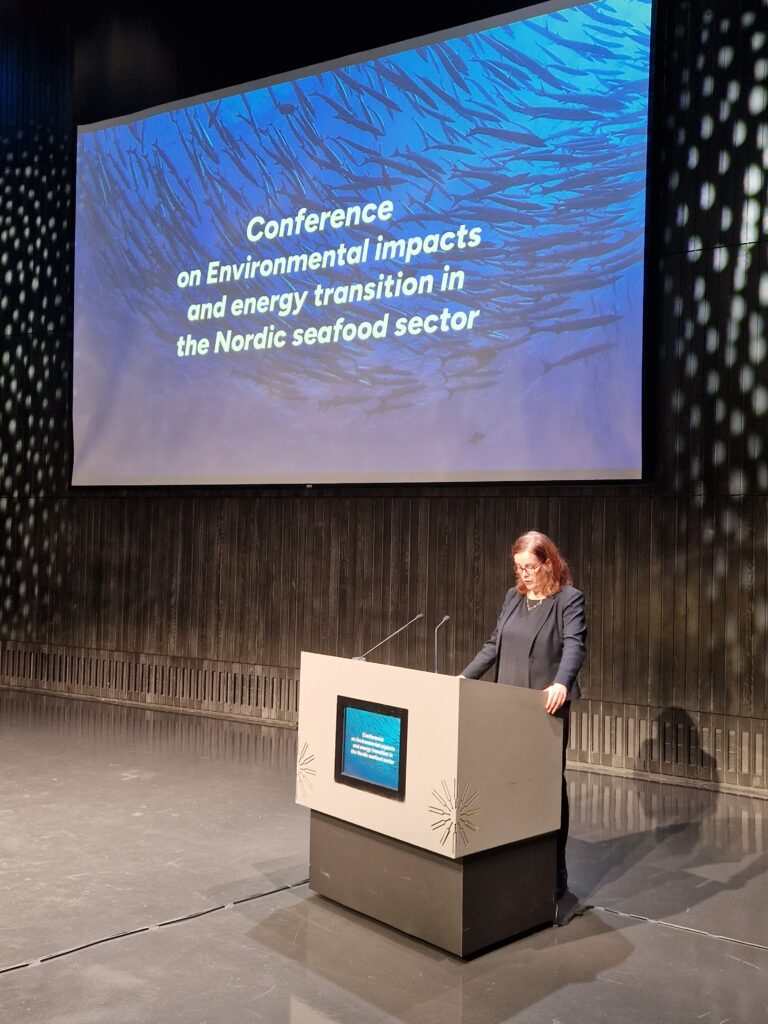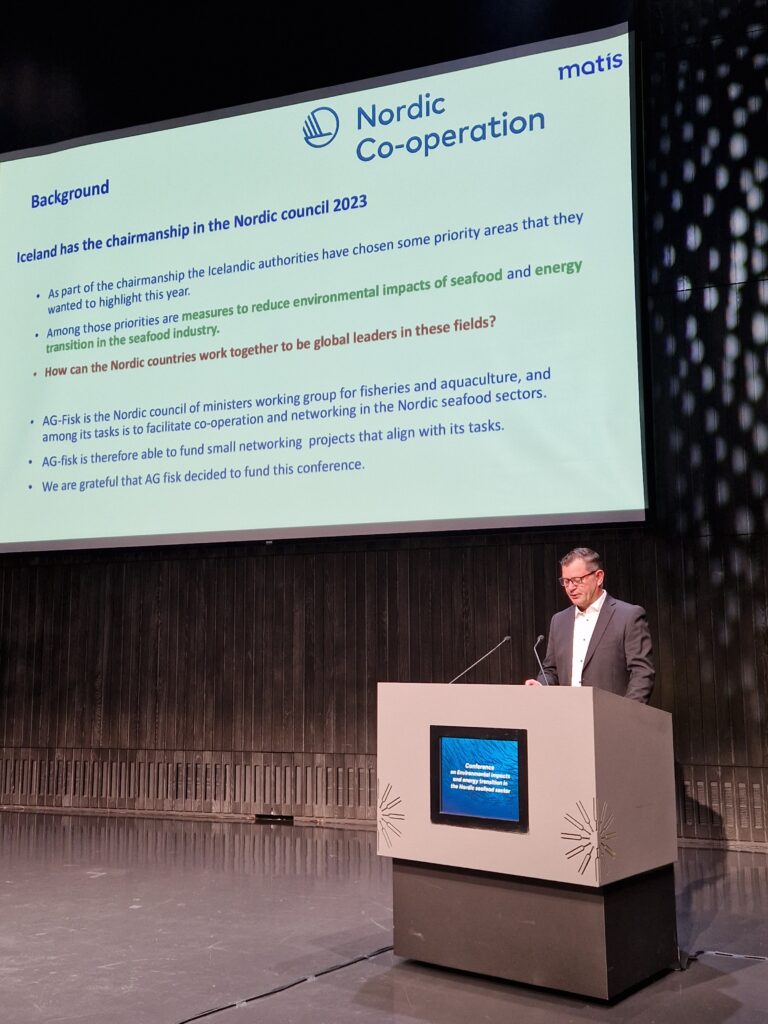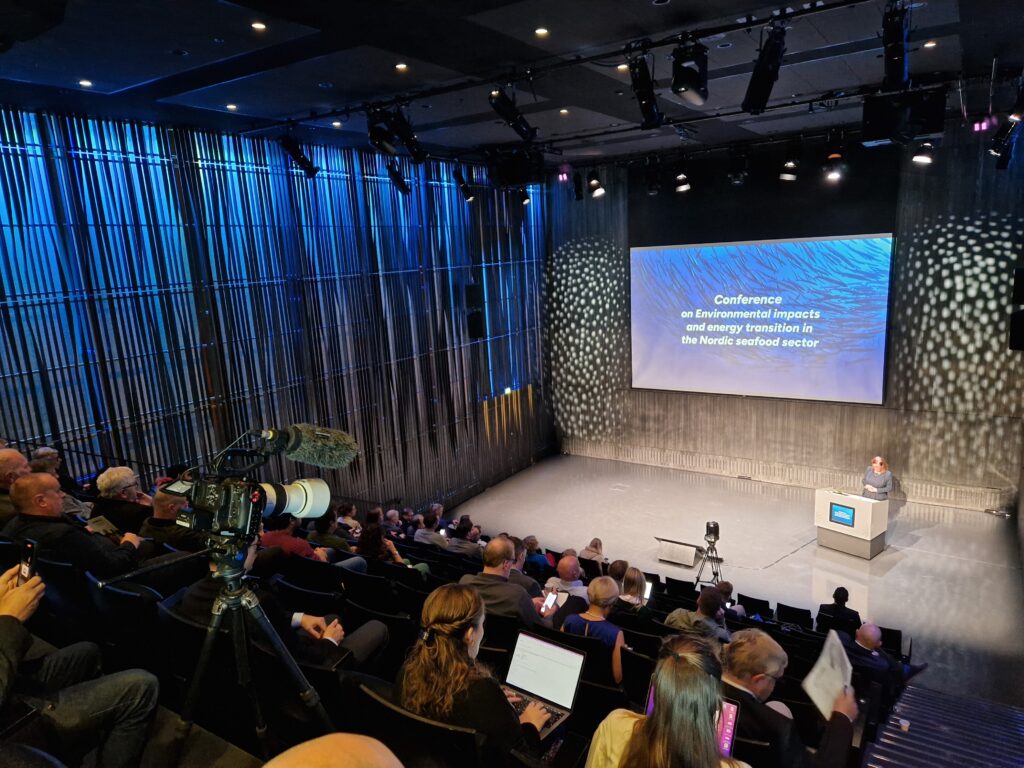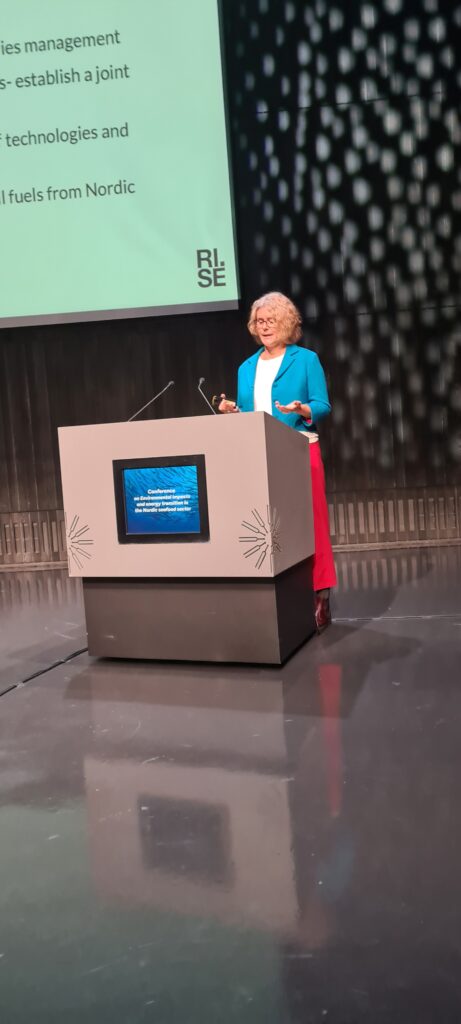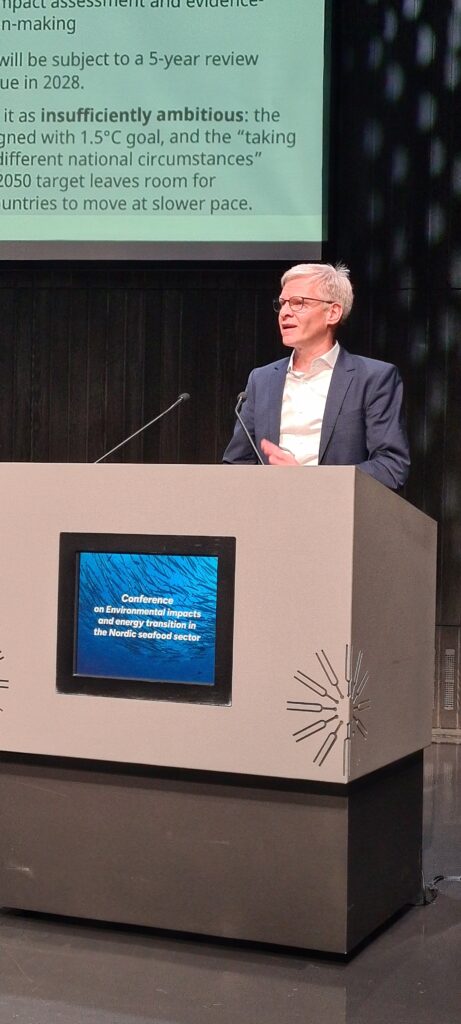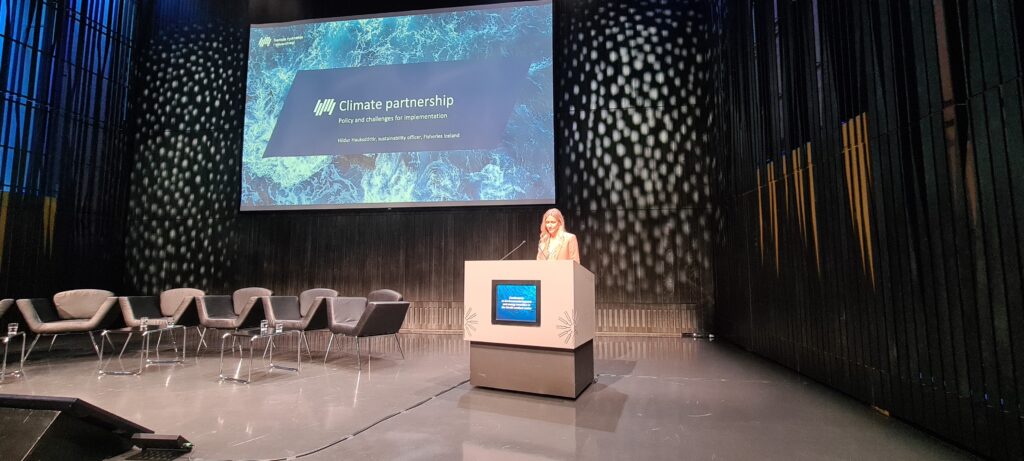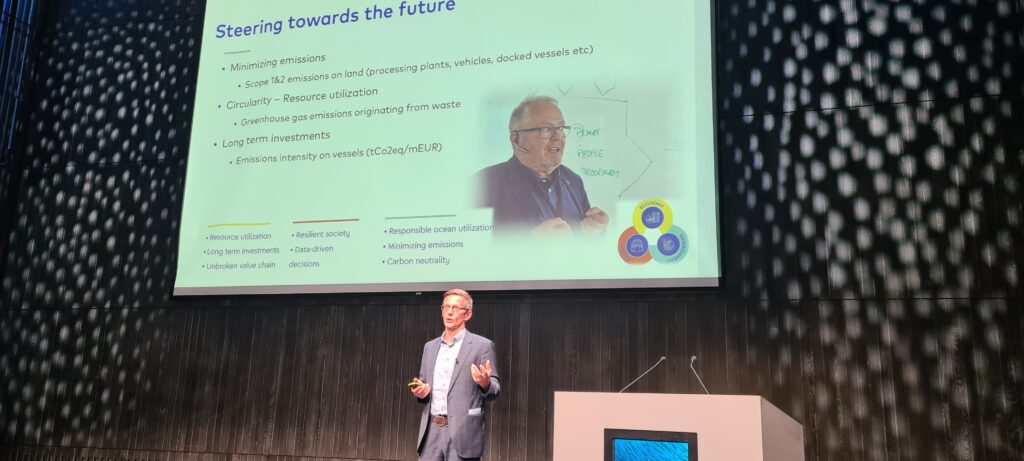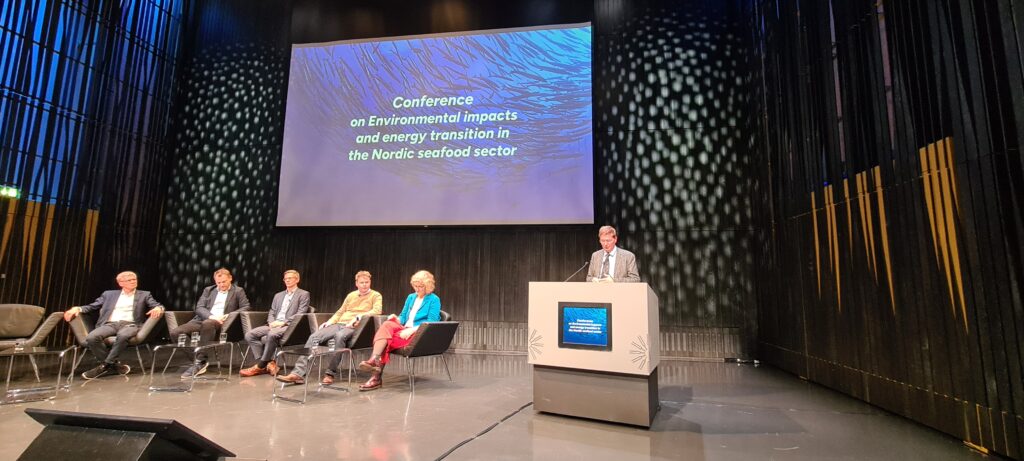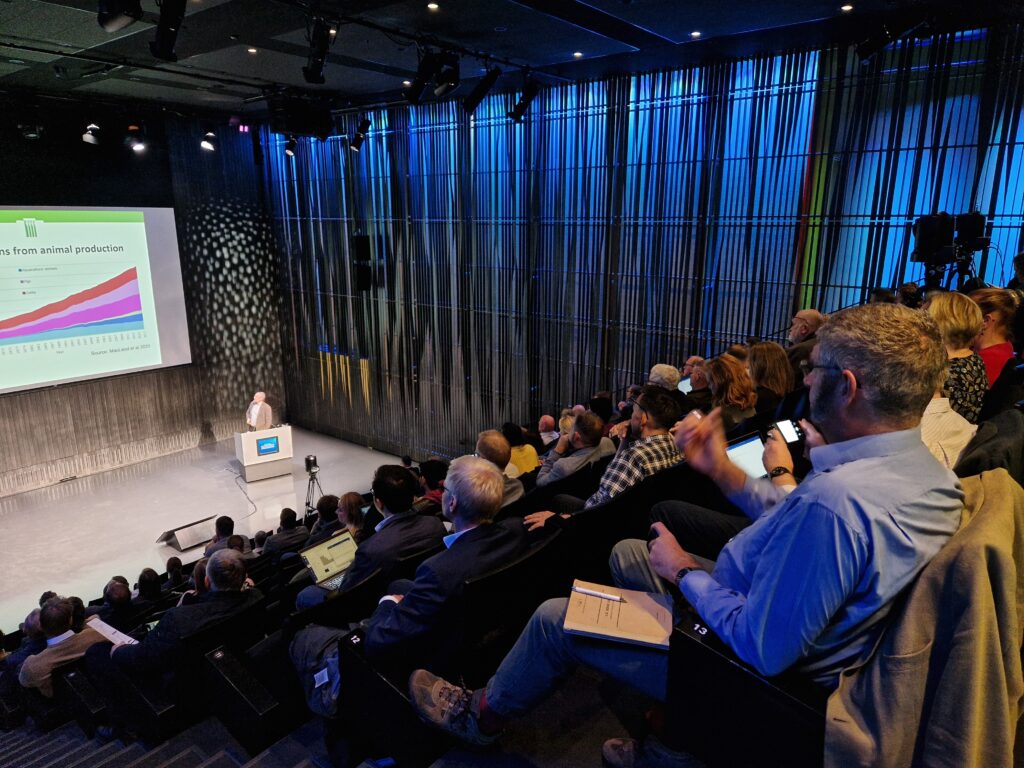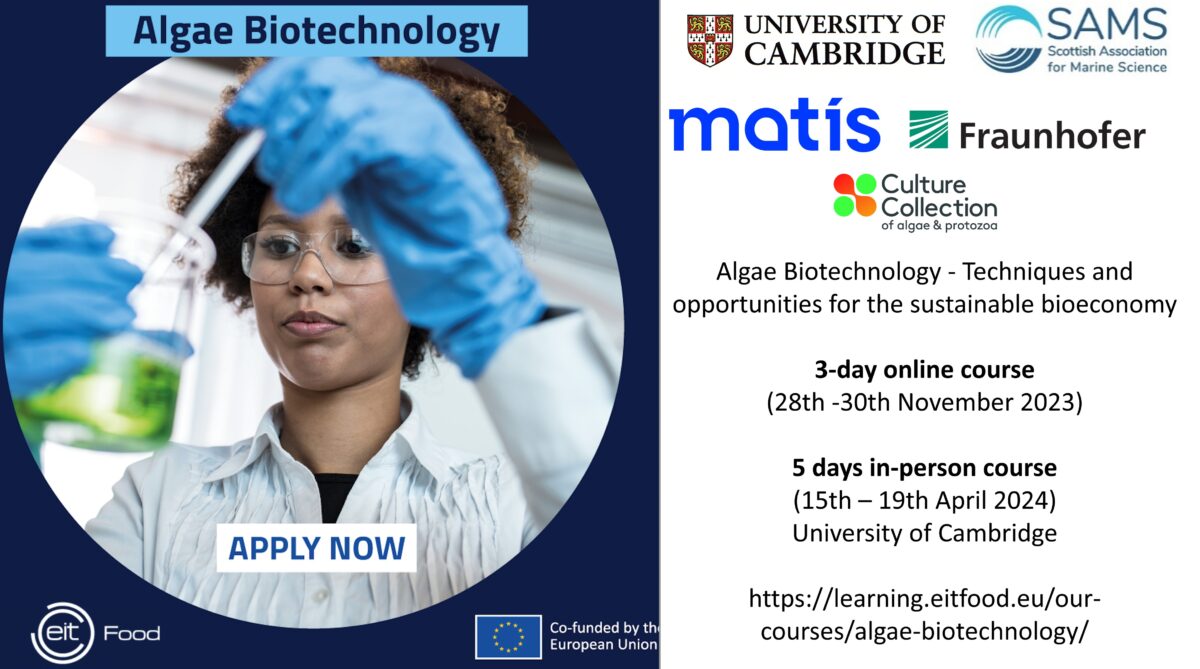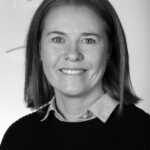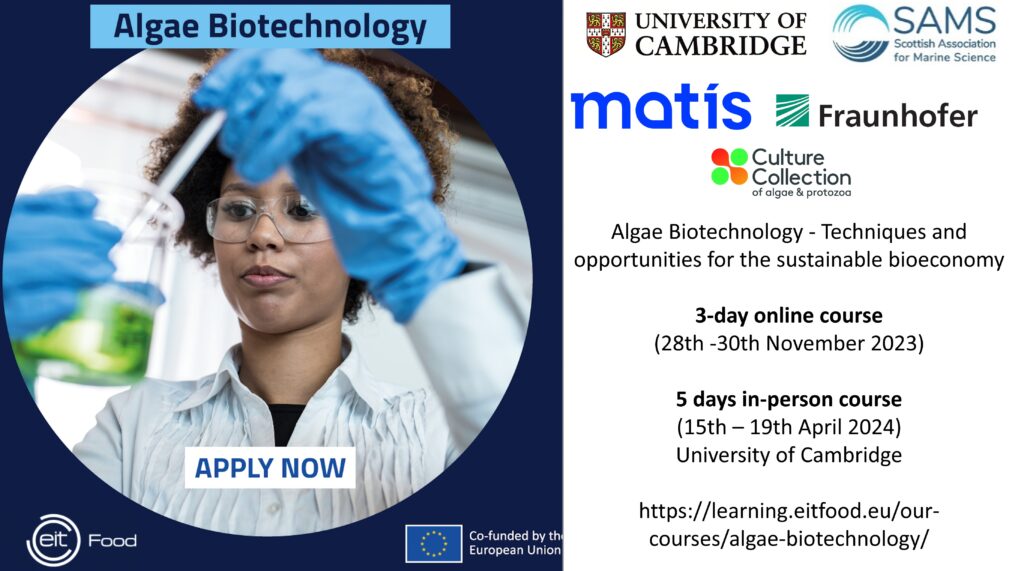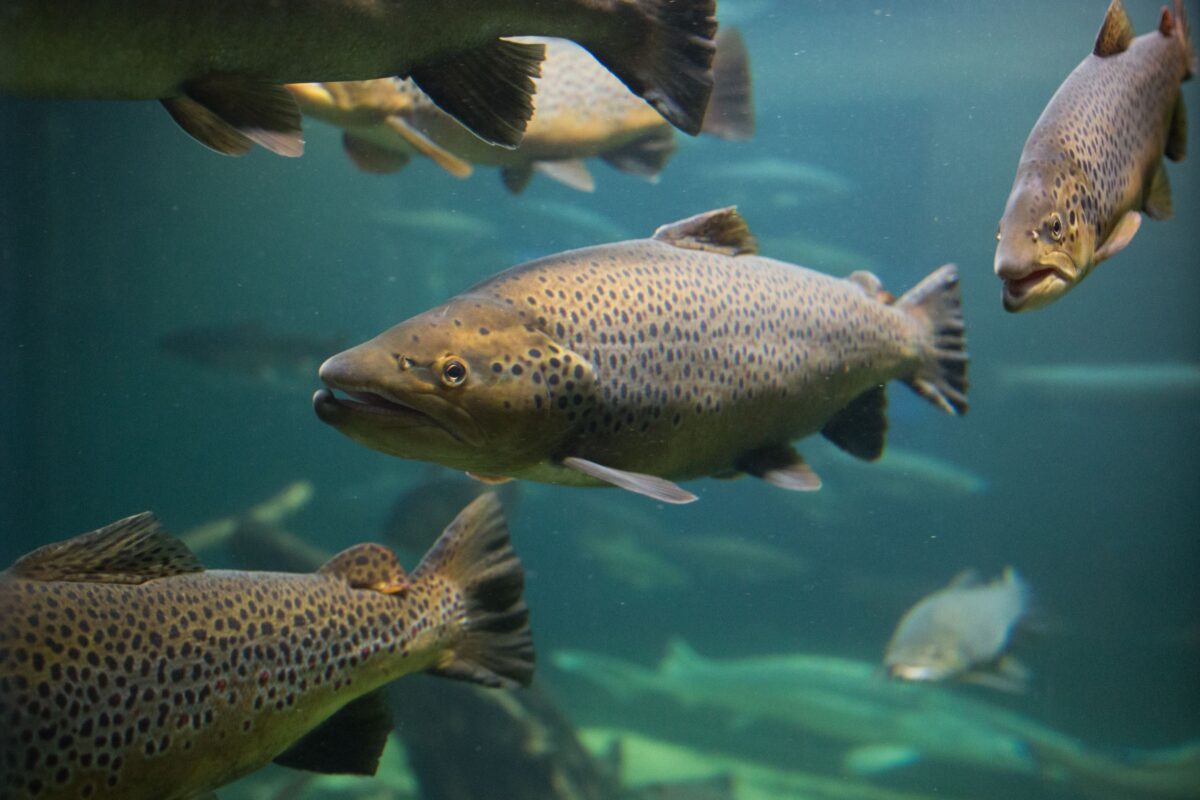Recently, an article appeared in the online magazine Horizon, the EU Research & Innovation Magazine, which discussed how people's attitudes towards various neoproteins have changed and developed in recent years.
The article included an interview with Birgi Örn Smárason, professional manager at Matís, about the NextGenProteins project that he has led for the past four years. In that project, the environmental impact, nutritional properties and consumer attitudes towards three neoproteins were investigated.
It was possible to produce three types of protein powder, from insects, spirulina from microalgae and single-cell protein from yeasts grown on forest residues. All types have good nutritional properties, so the powder can be used in both feed and food, and in addition, their production has a low environmental impact compared to most other food production.
Birgir Örn said in the interview that he truly believes that by educating consumers, big steps can be taken towards increased sustainability in people's diets and the world's food systems. In the project, various consumer surveys were conducted among a large number of people from Finland, Germany, Iceland, Italy, Poland, Sweden and Great Britain.
It turned out that people's attitudes are mostly very positive towards spirulina and single-cell protein, but a little less towards insect protein. Although a protein powder made from mange has been developed specifically to improve attitudes towards this type of protein, only one in three could imagine tasting insects.

